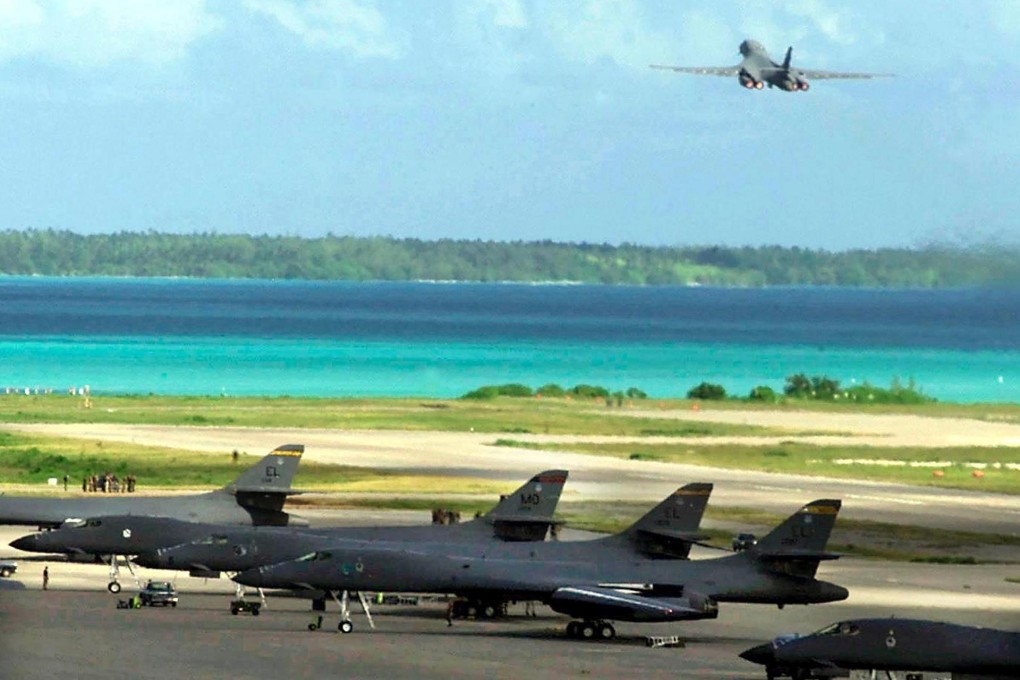Mauritius eyes UN hearing as step to regaining sovereignty of Chagos islands, including Diego Garcia
Mauritius hopes a win in UN case over marine reserve would unravel Britain's claim to Chagos islands, which it held on to at independence

Britain's sovereignty over the Chagos islands and America's lease for the Diego Garcia military base could be thrown into doubt by an international court hearing due to open in Istanbul.
The case is considered of such importance that Attorney General Dominic Grieve QC, the British government's most senior law officer, will appear to defend its declaration of a marine reserve around the archipelago.
Dismemberment of part of our territory … leaves the process of decolonisation … incomplete
The challenge by Mauritius to the legality of the marine protected area announced by the then foreign secretary David Miliband, in April 2010, was to be heard yesterday behind closed doors by the permanent court of arbitration (PCA), a United Nations-backed tribunal that resolves disagreements between states. Its rulings are binding.
Mauritius, which launched its legal challenge three years ago, believes its success could lead to the unravelling of Britain's colonial-era claim and the eventual return of hundreds of exiled islanders who have been forced to leave the Indian Ocean archipelago. Many now live in Britain.

Mauritius and the UK have hired teams of prominent British and American lawyers.
The hearing will be held in secret with none of the proceedings open to the public. At some point it is hoped the documents may be made public, including internal Foreign Office documents relating to key decisions from 1965 to April 2010.